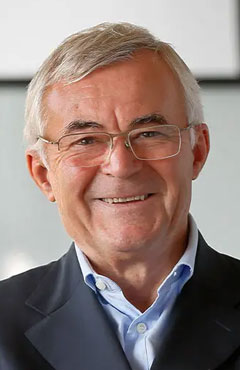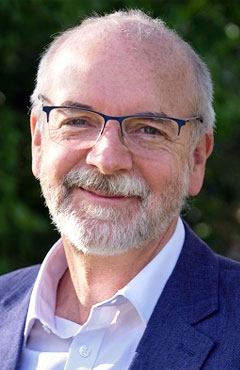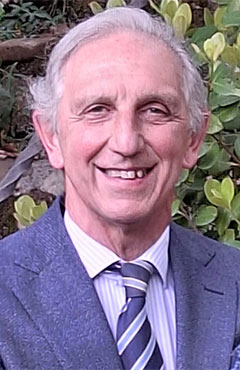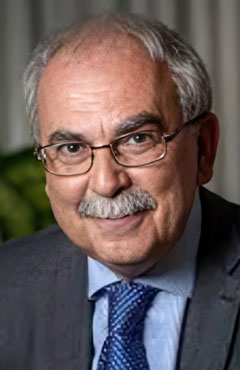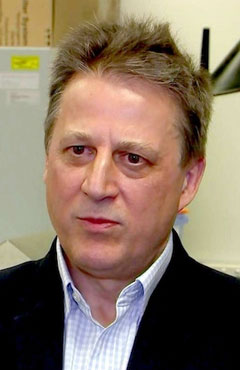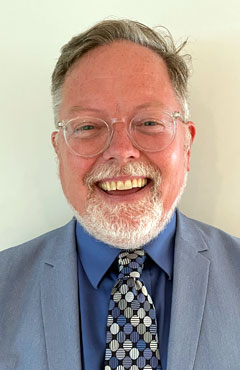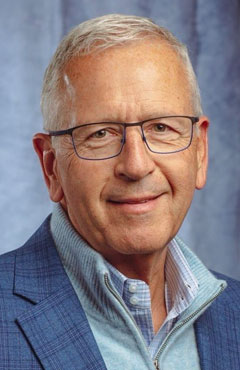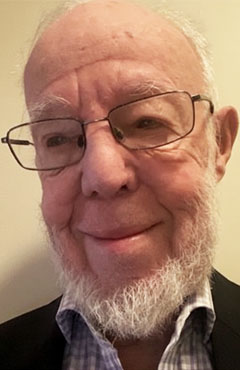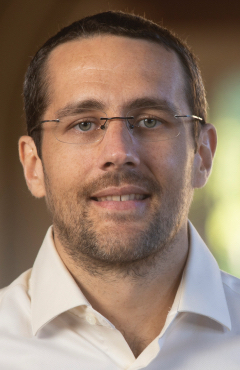- Venue Boston Marriott Peabody, MA
- Dates November 16-18, 2026
- Call +1-815-595-8049
Speakers
Our SPEAKERS
Speakers who are experts
Speakers who are experts
in their fields
Rino Rappuoli, Ph.D.
Scientific Director of the Biotecnopolo di Siena Foundation, ItalyAndrew Pollard, FRCPCH, FMedSci, FRS
Director, Oxford Vaccine GroupSanjay Gurunathan, M.D.
Senior Vice President and Global Head, Vaccines and Infectious Disease R&D, GSKGuido Grandi
Senior Professor of Microbiology and Clinical Microbiology, COO, BiOMViS SrlBassam Hallis, Ph.D.
Deputy Director, Countermeasures Development, Evaluation and Preparedness, UK Health Security AgencyKathryn M. Edwards, M.D.
Sarah H. Sell and Cornelius Vanderbilt Professor of PediatricsWalter A. Orenstein, M.D.
Professor Emeritus of Medicine, Epidemiology, Global Health, and Pediatrics, Emory UniversitySwati Gupta, DrPH, MPH
Vice President and Head of Emerging Infectious Diseases and Epidemiology, IAVIMandeep Singh Dhingra, MD
Director of R&D Programs, CEPITonya M Colpitts, Ph.D.
Global Project Head – AVP, Vaccine Research & Development, SanofiNikolai Petrovsky, Ph.D.
Professor of Immunology and Infectious Disease, Australian Respiratory and Sleep Medicine Institute in Adelaide; Research Director, Vaxine Pty LtdDenise L Faustman, M.D., Ph.D.
Director of Immunobiology, Massachusetts General Hospital, Associate Professor of Medicine, Harvard Medical SchoolBali Pulendran, Ph.D.
Violetta l. Horton Professor, Director, Institute for Immunity, Transplantation and Infection and Professor of Microbiology and Immunology, Stanford UniversityDerek O'Hagan, M.D.
Senior Advisor, GSK Vaccines R&DMark C Poznansky, MD, PhD, FIDSA
Professor of Medicine - Harvard Medical School, Director – Vaccine and Immunotherapy Center (VIC), Physician – General and Transplant Infectious Diseases Medicine, Massachusetts General HospitalMark A. Emalfarb
Founder and Chief Executive Officer, Dyadic International, Inc. (Nasdaq: DYAI)Taylor Cohen, Ph.D.
Global Product Lead, AstraZenecaThomas J. Webster, Ph.D.
Professor, Brown University, Saveetha University, Hebei University of Technology, UFPIAlessandro Sette, Dr.Biol.Sci.
Professor and Member, Co-Director LJI Center for Vaccine InnovationBrandon F. Young, Ph.D.
Senior Medical Science Liaison, Mid-Atlantic Region, Medical Affairs, CSLJoseph M. DeSimone, Ph.D.
Sanjiv Sam Gambhir Professor of Translational Medicine and Chemical Engineering, Co-Director, Canary Center at Stanford UniversityDon J. Diamond, Ph.D.
Beckman Research Institute of the City of HopeAlessio Lanna, Ph.D.
Professore Ordinario, University College London, Sentcell ltd (UK), CEOJoshua McGee, Ph.D.
CSO & Co-founder, Keylicon Biosciences, Inc.Luciana C.C. Leite, Ph.D.
Senior Researcher, Head of the Recombinant BCG laboratory, Vaccine Development Laboratory, Instituto ButantanMatthew Reeves
Professor of Viral Pathogenesis, Chair of Virus Division - Microbiology Society, Institute of Immunity & Transplantation, UCL Division of Infection & Immunity, Royal Free HospitalParker A. Small Jr., M.D.
Professor Emeritus, Departments of Pediatrics and Pathology, University of FloridaPascal Geldsetzer, MD, PhD, MPH
Assistant Professor of Medicine and, by courtesy, of Epidemiology and Population Health,Stanford University
Scientia Meetings
Connecting Minds for Scientific Progress!
Join us in revolutionizing conferences! Scientia Meetings is launching events across the country, offering a unique platform for scientists and researchers to share knowledge, explore innovative ideas, and foster collaborations. Buy Ticket
Clients
Our Official
Our Official
Sponsors
Our curated gatherings ensure purposeful networking, creating opportunities tailored to your needs. Let's shape the future together—where knowledge connects, opportunities arise, and science thrives!
Buy Ticket
Get The Latest Updates
Signup For Newsletter
If You Want to Update For on Our Site a#Subscribe Now.


